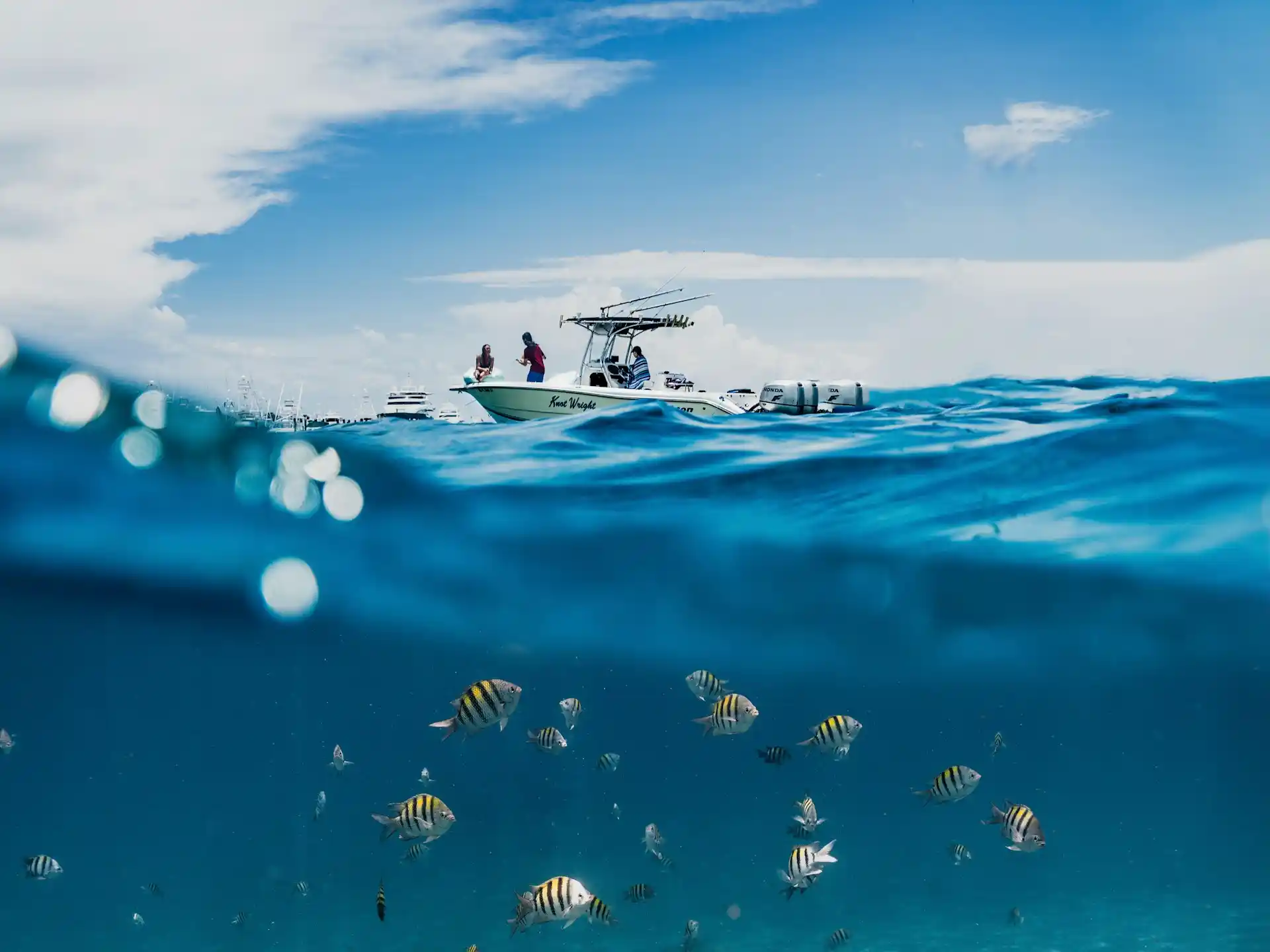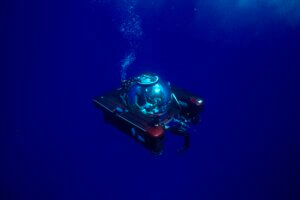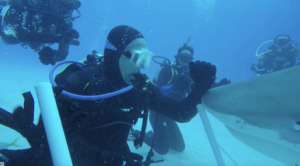Why the Ocean Needs More Research
The world’s oceans cover more than 70% of the Earth’s surface, yet they remain one of the least explored and understood frontiers. While space exploration often captures the imagination of the public, it is the ocean right here on Earth that holds untapped potential for scientific discovery, climate regulation, and sustainable human development. This is why the ocean needs more research. The vast marine environment is home to countless species, regulates global weather patterns, absorbs carbon dioxide, and sustains billions of lives through food, resources, and economic opportunities. Despite these undeniable benefits, less than 20% of the seafloor has been mapped, and much of marine biodiversity remains undocumented.
In this extensive blog, we will explore why the ocean needs more research, the benefits of advancing marine science, the challenges holding us back, and the global importance of understanding our “blue planet.”
The Ocean: Earth’s Lifeline
The ocean is not just a body of water; it is Earth’s life-support system. It produces more than 50% of the oxygen we breathe and absorbs nearly 30% of human-generated carbon dioxide. It regulates climate and weather, acting as a buffer against extreme temperature changes. Without the ocean’s natural processes, Earth would be uninhabitable.
Yet, we understand more about the surface of Mars than we do about the deep ocean. This paradox underscores why the ocean needs more research. From unexplored ecosystems to undiscovered species, marine science has the power to transform our understanding of life itself.
Why the Ocean Needs More Research
1. Climate Change and Carbon Regulation
The ocean is the world’s largest carbon sink. It absorbs and stores vast amounts of carbon dioxide, mitigating the effects of climate change. However, rising emissions are causing ocean acidification, threatening coral reefs and marine biodiversity. Research is needed to understand the limits of this carbon absorption and develop strategies to protect marine ecosystems.
2. Biodiversity Exploration
Scientists estimate that up to two-thirds of marine species remain undiscovered. The deep sea, hydrothermal vents, and polar regions harbor life forms that could revolutionize medicine, biotechnology, and environmental science. Without further exploration, these species may disappear before we even know they exist.
3. Sustainable Fisheries and Food Security
Over three billion people depend on seafood as their primary protein source. Overfishing and illegal fishing practices are depleting stocks, putting future generations at risk. Research into sustainable fishing practices, aquaculture innovation, and ecosystem monitoring can secure food supplies for billions.
4. Economic Potential
The ocean economy often called the “blue economy” is projected to reach trillions of dollars by 2030. Industries such as shipping, renewable energy (offshore wind, tidal), biotechnology, and tourism depend on healthy marine ecosystems. Research ensures these industries remain sustainable and resilient.
5. Human Health and Medicine
Marine organisms are a treasure trove of biomedical potential. Compounds found in sponges, corals, and algae are already being studied for treatments against cancer, bacterial infections, and inflammation. Expanded research could unlock cures for diseases and enhance global healthcare.
6. Natural Disaster Prediction
The ocean plays a critical role in driving hurricanes, tsunamis, and El Niño events. Improved ocean research enhances early warning systems, disaster preparedness, and risk reduction for millions living in coastal regions.
7. Pollution and Plastic Crisis
Every year, millions of tons of plastic waste enter the ocean. Microplastics have infiltrated marine food chains, posing threats to both wildlife and humans. Research into pollution pathways, biodegradable alternatives, and cleanup technologies is essential for ocean health.
Current State of Ocean Research
Despite its importance, funding for ocean research is disproportionately low compared to other scientific fields. Globally, less than 5% of public research funding goes toward ocean sciences. In the U.S., agencies such as NOAA, NSF, and NASA support marine studies, but the gap between what we know and what we need to know remains vast.
International collaborations like the United Nations Decade of Ocean Science for Sustainable Development (2021–2030) aim to close this gap by prioritizing ocean research globally. This initiative highlights why the ocean needs more research to meet sustainability goals and protect marine ecosystems.
Challenges Facing Ocean Research
-
High Costs: Deep-sea exploration requires specialized vessels, remotely operated vehicles (ROVs), and advanced technology.
-
Political Will: Many governments prioritize short-term economic growth over long-term ocean sustainability.
-
Access Issues: International waters often fall into legal grey areas, complicating research and conservation efforts.
-
Data Gaps: Limited monitoring infrastructure makes it difficult to collect consistent, long-term data.
Benefits of Increasing Ocean Research
-
Protects Marine Ecosystems: Ensures biodiversity conservation.
-
Drives Innovation: Leads to advancements in biotechnology, pharmaceuticals, and renewable energy.
-
Strengthens Economies: Supports sustainable industries like fisheries and tourism.
-
Enhances Safety: Improves disaster preparedness and early warnings.
-
Secures Future Generations: Ensures food, climate stability, and natural resources.
FAQs
Why is the ocean so important to life on Earth?
The ocean produces over half of the world’s oxygen, regulates climate, absorbs carbon dioxide, and sustains billions through food and livelihoods.
What are the biggest challenges in ocean research?
High costs, lack of funding, political barriers, and limited data collection are major challenges slowing marine science.
How does ocean research help fight climate change?
It helps scientists understand carbon absorption, track acidification, and develop solutions to protect coral reefs and marine ecosystems.
What medical benefits can ocean research bring?
Marine species contain unique compounds with potential to treat cancer, infections, and other diseases, revolutionizing medicine.
What is the UN Decade of Ocean Science?
It’s a global initiative (2021–2030) to prioritize and coordinate ocean research for sustainable development and conservation.




